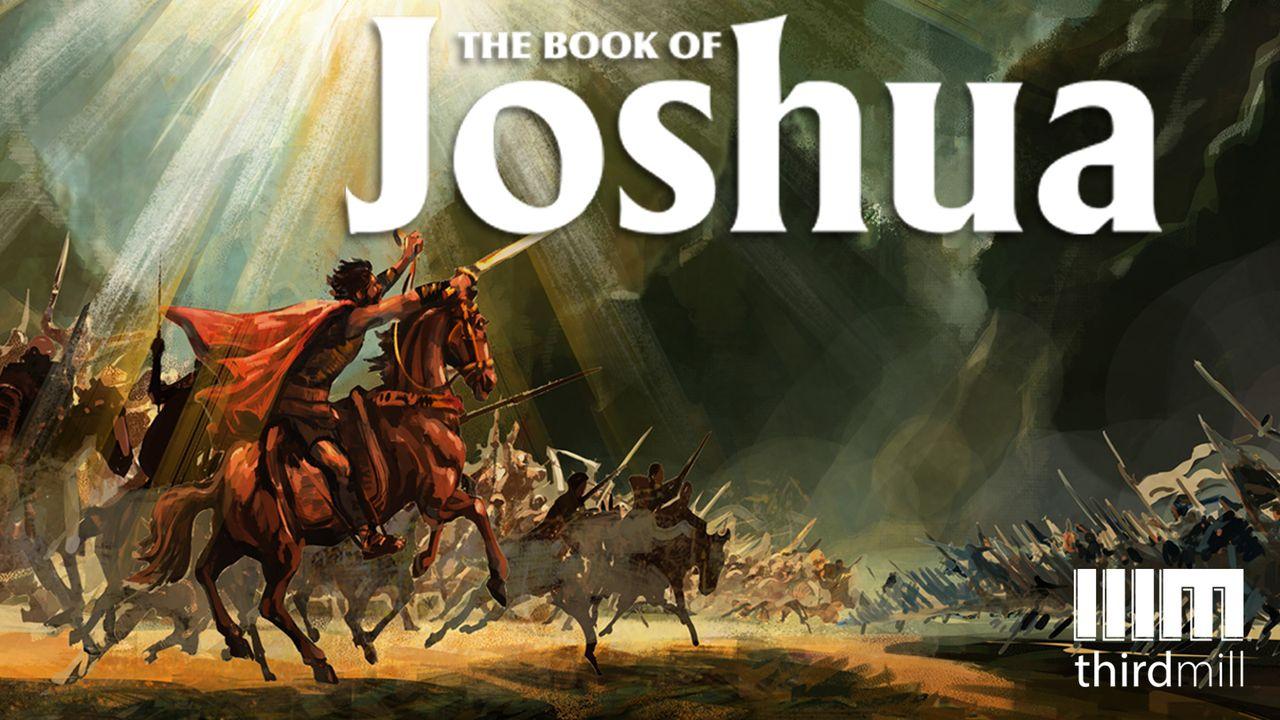The Book Of JoshuaMuestra

Introduction to Specific Allotments : Joshua 13:15-14:5
The record of Israel’s specific tribal allotments, in 13:15–21:45, can be confusing. It contains long lists of peoples, regions, cities, towns and villages, interspersed with a number of brief stories and quick asides. To grasp the main ideas in all of this variety, it helps to see that it divides into two main parts: the tribal allotments Moses directed in Transjordan, in 13:15-33, and a much larger record of the tribal allotments that Joshua directed in Cisjordan in 14:1–21:45.
The record of tribal allotments in Transjordan is rather short. It begins with the tribe of Reuben in 13:15-23. The tribe of Gad appears in verses 24-28. And the half-tribe of Manasseh’s allotment in Transjordan follows in verses 29-31. Then, our author closed this section, as he did the preceding section, by mentioning the special inheritance of the tribe of Levi in verses 32, 33.
In these verses, the author of Joshua carefully delineated which portions of lands to the east of the Jordan were allotted to Reuben, Gad, and the half-tribe of Manasseh. From a large-scale perspective, these allotments may seem clear enough, but for these tribes, the divisions were not as straightforward. Overlapping territories and disagreements over borders made our author explain in some detail to whom specific regions, and even towns and villages, belonged.
Escritura
Acerca de este Plan

In this plan we'll learn what the book of Joshua meant for ancient Israel, and we’ll be better equipped to see how much it has to offer us in our day.
More




